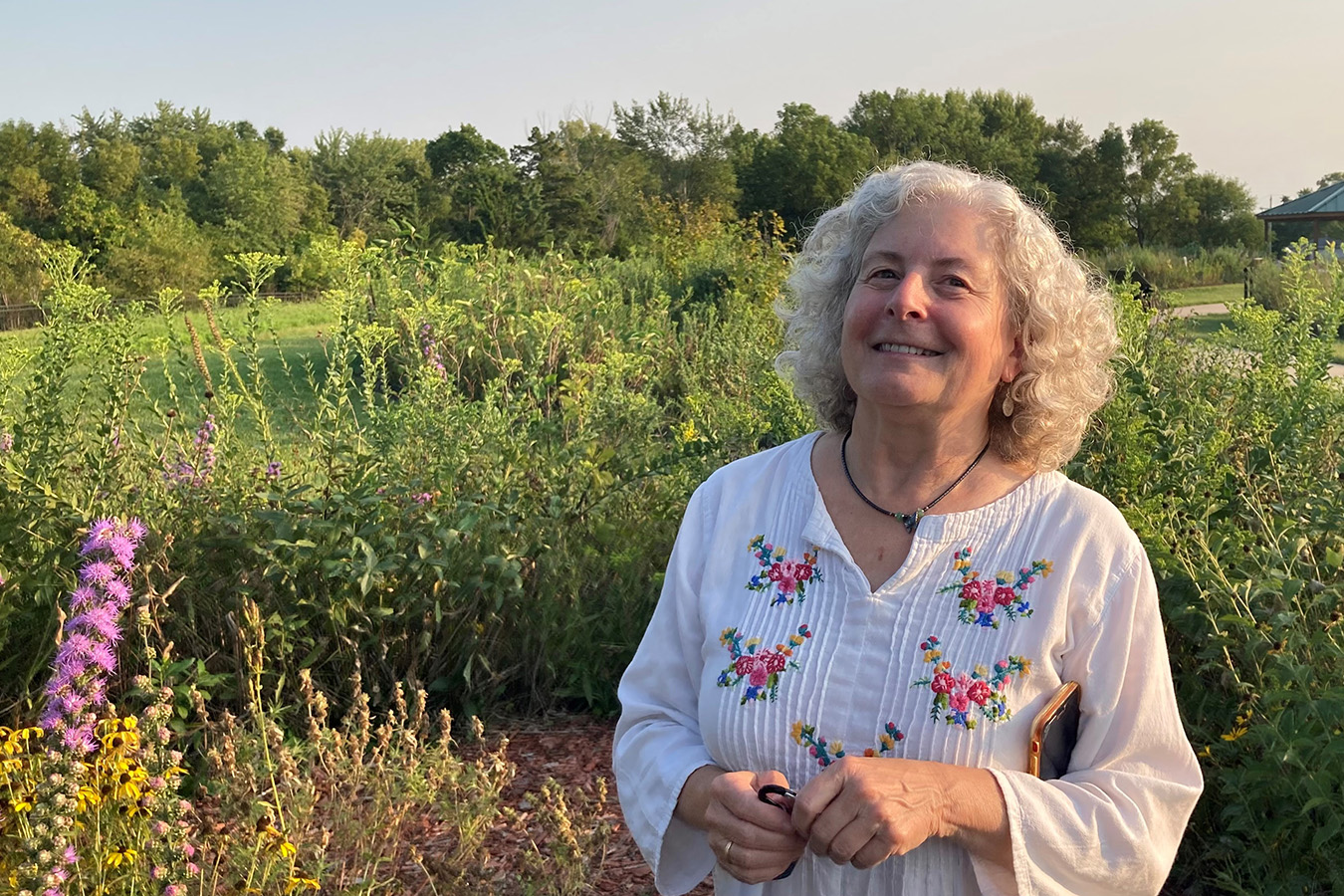Whereas rising up within the ’90s in Johnson County, Kansas, in a suburb of Kansas Metropolis, I had a pal, Kevin Aaron, who was a devoted environmentalist.
To strangers, Kevin gave the impression to be a laid-back punk-rock music fan with a dry and barely mischievous humorousness, however these of us who knew him finest noticed his ardour for sustainability blossom throughout highschool.
In his barbecue-obsessed a part of the nation, he turned the uncommon vegetarian, pushed by witnessing large-scale meat manufacturing’s harm to the setting. As he grew right into a younger man, he eagerly researched after which adopted different practices — like driving a hybrid automobile — that he thought would possibly cut back carbon emissions, if solely by tiny measures.
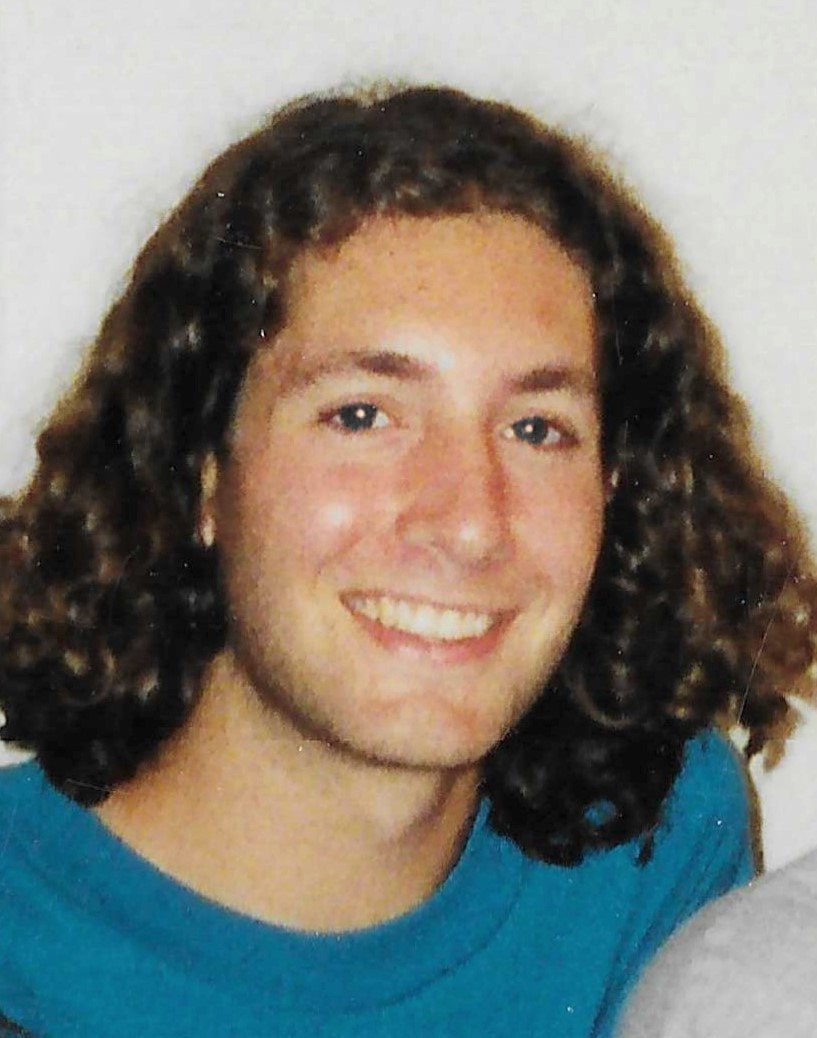
Within the early 2000s, Kevin was residing within the Bay Space and making ready for a profession in local weather advocacy, enrolled in a grasp’s program in metropolis and regional planning whereas learning for a legislation diploma.
Throughout his graduate research, he turned overwhelmed by a way of hopelessness in regards to the local weather. He died by suicide in 2003, at age 27. Kevin had been residing with a sense that his efforts — mixed with these of different environmental activists — simply wouldn’t be sufficient to show the tide on international warming. It added to the despair he was already combating, mentioned his mom, Sami Aaron.
Environmental worries can encourage but in addition overwhelm folks. Polling from September 2020 confirmed that greater than half of adults within the U.S. had been anxious about how local weather change impacts their psychological well being. And almost 40% of surveyed Gen Z Individuals, born after 1996, mentioned addressing local weather change is their high private concern.
The lack of Kevin stays a shock for me, and for others who cared about him — particularly his mom, who has turn out to be more and more concerned in environmental advocacy.
Aaron typically turns to nature for consolation, and he or she picked a former Superfund website in Olathe, Kansas, that has been transformed to a flower-filled sanctuary because the spot for us to speak about her son. She mentioned that the extra deeply Kevin turned concerned in environmental activism, the extra his interested by the long run turned pessimistic — his thoughts and temper overtaken by despairing ideas, like an invasive species.
“There was one little seed that was planted the place he couldn’t then give up interested by it,” she mentioned.
After Kevin died, Aaron discovered some solace in yoga and meditation, however continued to see her grief as a personal battle — till a couple of years in the past, when she met some environmentalists within the Flint Hills of Kansas who additionally struggled with psychological well being points.
Aaron wished to show them the coping methods she had realized after her son’s loss of life, so she created a Kansas Metropolis-based nonprofit, the Resilient Activist. The group’s web site explains that Kevin’s loss of life occurred “when eco-anxiety (concern in regards to the ecology of the planet) and solastalgia (grief over lack of beloved locations in nature) mixed together with his personal interior demons and he took his personal life.” The Resilient Activist provides psychological well being sources, community-building packages, consulting and different psychological sources for the environmental group.
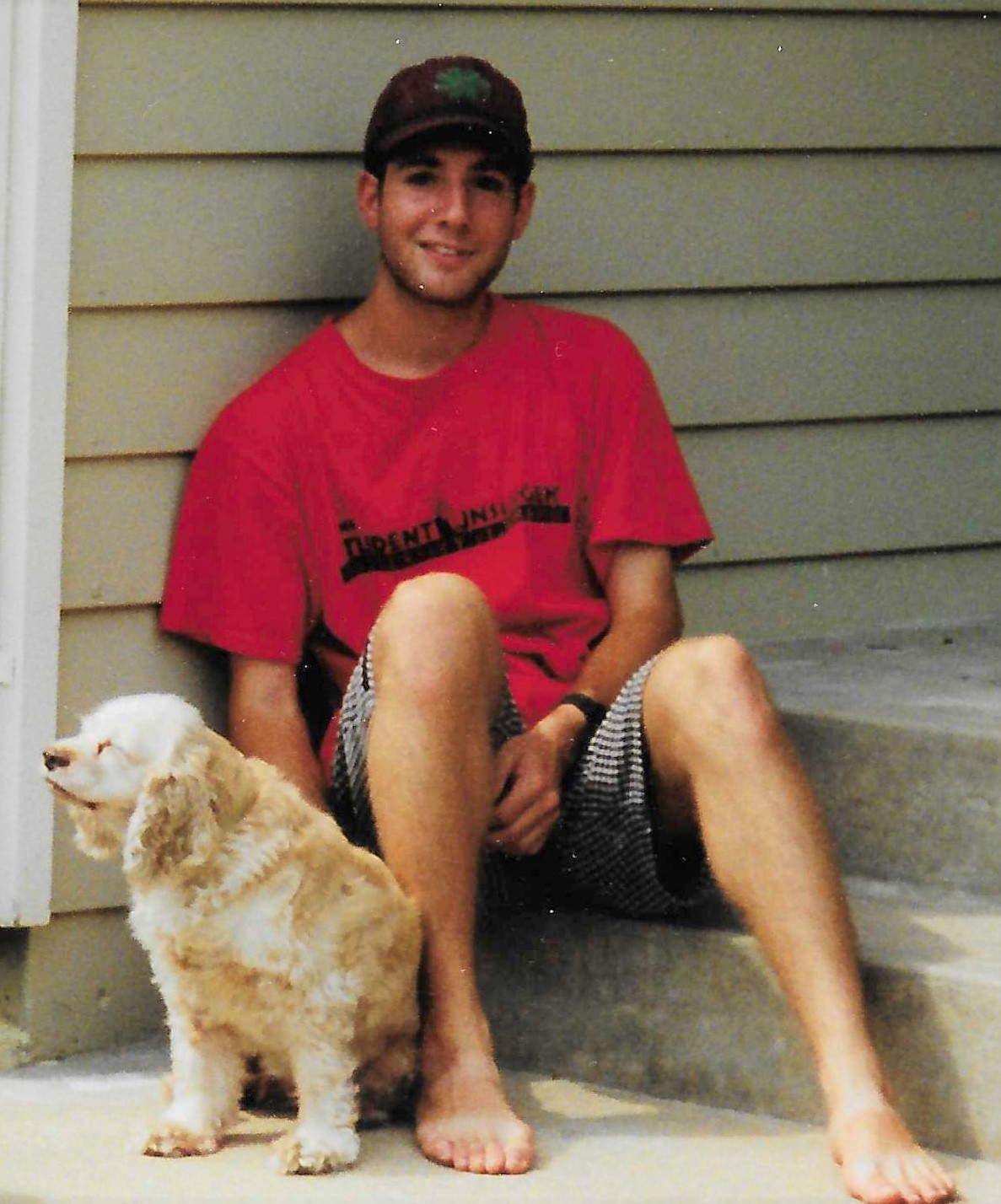
“We’d like activists who’ve the resilience to see us via these tough occasions,” Aaron mentioned. “That’s what I wished to offer. It’s like, what would have helped him and others like him.”
In japanese Kansas, the school city of Lawrence is steeped in environmental activism and, on Aug. 31, dozens of protesters gathered earlier than the beginning of a metropolis assembly, chanting slogans and carrying indicators: “Time Is Working Out!” Because the night rush-hour site visitors roared previous, activists demanded Lawrence leaders observe via on their sustainability pledges.
Lots of the protesters had been College of Kansas college students, like undergraduate Marc Veloz. He moved to Lawrence from Texas, the place he turned involved about how flooding was disproportionately affecting communities of colour in Dallas. He mentioned collaborating in native activism helps get him via what he calls “darkish days.”
“There are these days that I simply need to lean on the little wins we’ve needed to preserve me going,” Veloz mentioned. “As a result of I do know that being in that house of despair and anger and disappointment, it isn’t sustainable.”
One other pupil, Kai Hamilton, grew up within the Kansas farming city of Hesston. She recalled that regardless that her neighbors suffered droughts yr after yr, the phrases “local weather change” had been by no means mentioned out loud.
“I’ve vivid recollections of being alone in my room in highschool and simply being so overwhelmed and deeply unhappy about my lack of management over it and likewise the dearth of motion on the earth,” Hamilton mentioned.
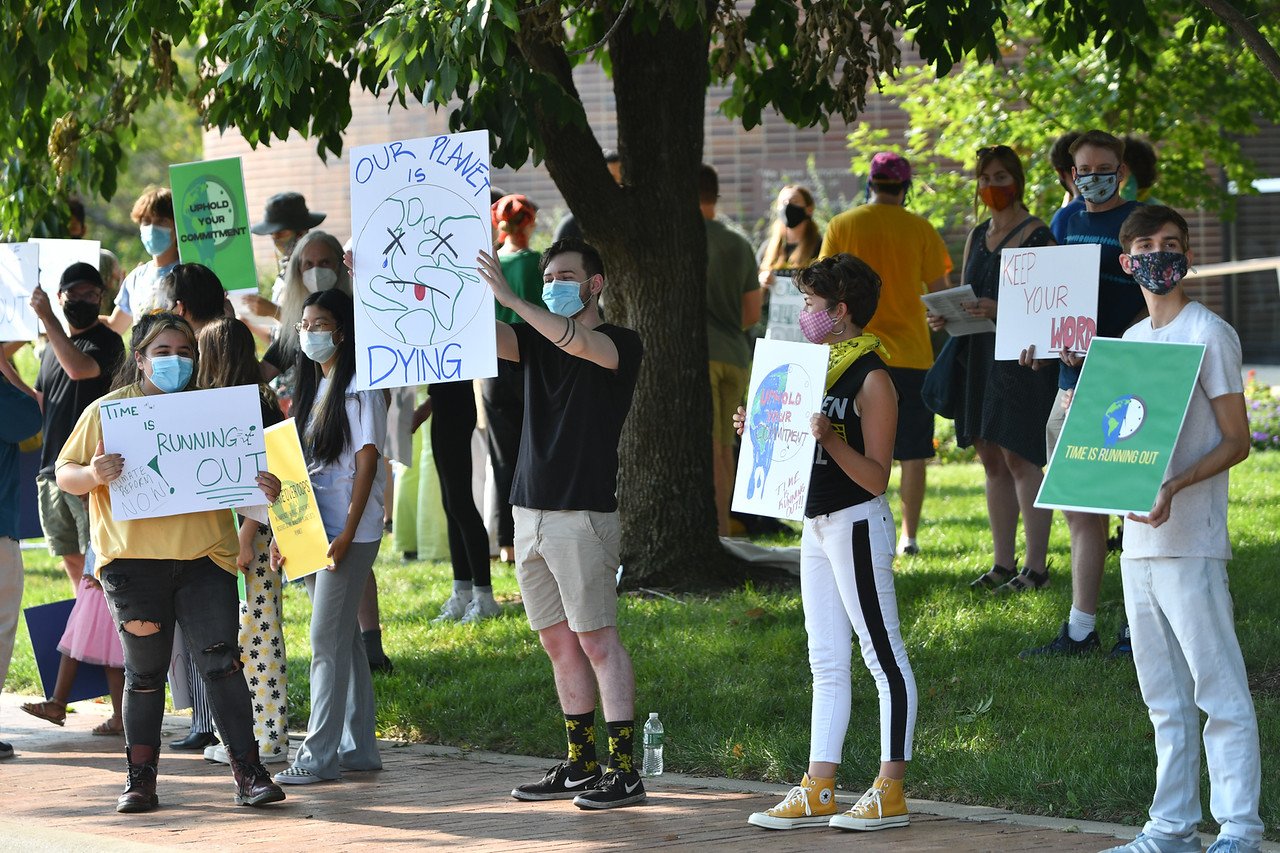
One other protester, Agustina Carvallo Vazquez, got here to KU from Paraguay, the place she mentioned she witnessed harmful and exploitative agricultural practices. She deliberate to review economics and music however began specializing in environmental activism after she grew pissed off by the inaction she present in america.
Some quantity of tension is a pure response to local weather change, mentioned Susan Clayton, a professor of psychology on the School of Wooster and a board member of the American Psychological Affiliation. She mentioned getting concerned in activism or environmental teams might help relieve emotions of helplessness, however, paradoxically, advocacy carries the danger added stress — generally resulting in a prognosis of psychological sickness.
Clayton mentioned that anxiousness crosses the road to turning into a real concern when it causes activists to show away or quit on the issue.
“Now we have to seek out that widespread floor, the place we will settle for that there are some actually severe issues occurring, however it doesn’t lead us to despair,” Clayton mentioned.
For many years, although, many environmentalists resisted prioritizing their very own psychological well being.
In 2018, Greenpeace Worldwide signaled a shift when it launched a significant examine on why so a lot of its activists had been working themselves previous their wholesome limits. Agustin Maggio, a marketing campaign supervisor for Greenpeace, explains that many native volunteers and leaders had purchased right into a sort of “martyr tradition.”
“Burning your self out is sort of like a badge of honor,” Maggio mentioned.
Greenpeace and different main environmental teams, together with the Sierra Membership, have begun urging volunteers and workers members to take breaks, unplug and even restrict the scope of their activism for the sake of psychological well being.
Ward Lyles, an affiliate professor of city planning on the College of Kansas and an environmental activist because the ’90s, mentioned he has modified the way in which he talks with college students in regards to the local weather.
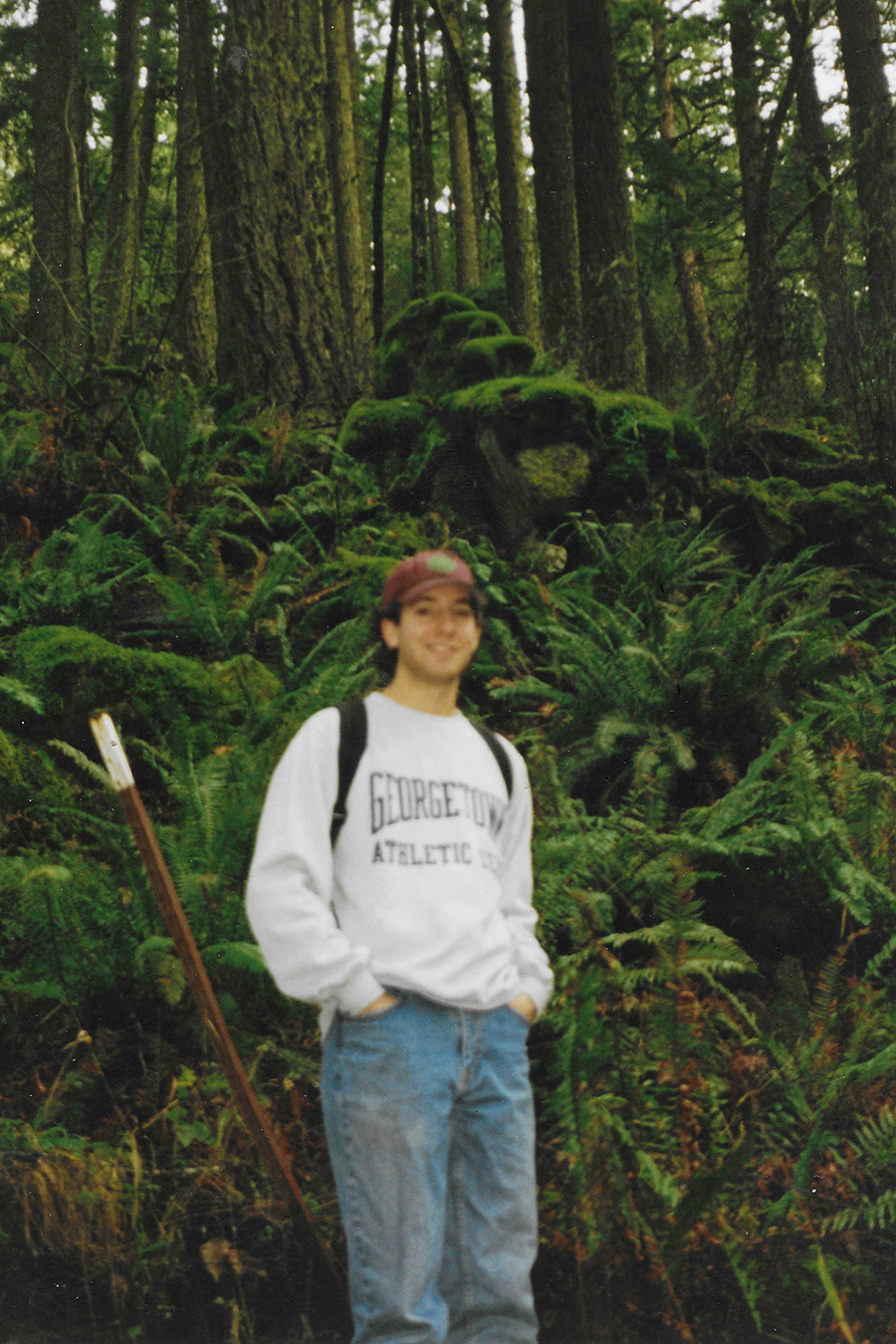
“After I first began, I assumed it was my job to scare folks into motion,” Lyles mentioned.
Now, Lyles mentioned, he acknowledges that college students enter his courses already terrified about what’s occurring to the planet — and determined to do one thing about it. In school, Lyles welcomes discussions about environmental anxiousness and grief, in order that rising activists perceive they aren’t alone in having these emotions.
“In courses the place you acknowledge that is laborious — that is laborious work to do, however we’re right here to assist one another — then it’s actually wonderful to look at college students come collectively and discuss discovering options,” Lyles mentioned.
In the course of the pandemic, Sami Aaron has been main yoga and meditations to assist activists loosen up and cut back slender, unfavorable pondering patterns that feed anxiousness and despair. Reaching a sustainable future, Aaron defined, would require folks to stay optimistic and open to new potentialities.
The purpose is “to sort of shift you out of that fight-or-flight mode,” she mentioned. “In order that now you’re in a spot the place you have got all other ways of pondering. You could have all different choices for what can occur and what you are able to do.”
This story is from a partnership that features NPR, KCUR and KHN.

